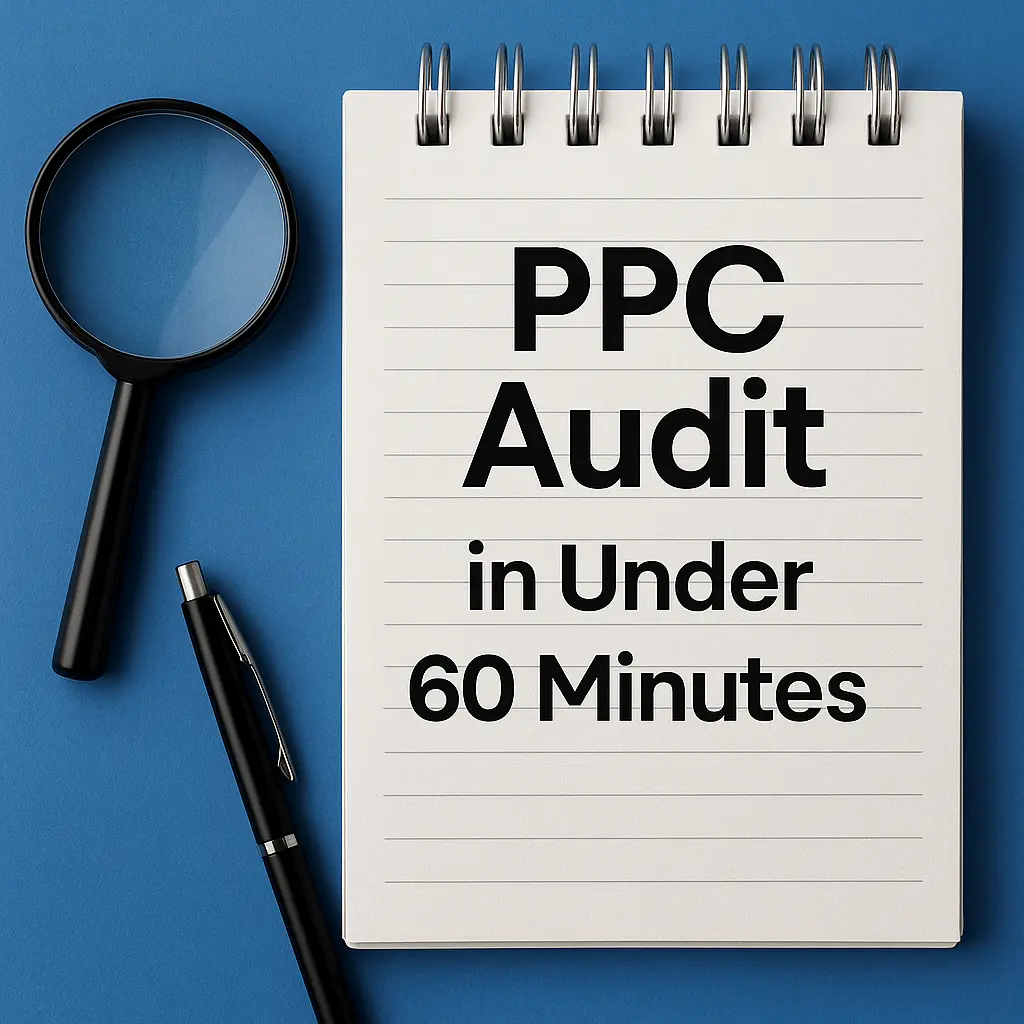Introduction
What is SaaS? what does it stand for? how is it combined with marketing and agencies?
Software as a Service (SaaS) is a popular business model in the tech industry that provides software applications over the internet. This model has transformed how businesses and individuals access and use software, offering numerous benefits including cost savings, scalability, and ease of use.
What is SaaS?
SaaS, or Software as a Service, is a software distribution model in which applications are hosted by a service provider and made available to customers over the internet. This model contrasts with traditional software delivery methods, where software is purchased outright and installed on individual computers or servers within an organization.
Key Characteristics of SaaS:
- Subscription-Based Access:
- Users typically pay a recurring subscription fee (monthly or annually) to access the software.
- The subscription model often includes ongoing updates and support as part of the service.
- Cloud Hosting:
- The software is hosted on the service provider’s servers and accessed through a web browser or a dedicated client application.
- This eliminates the need for customers to maintain their own servers or infrastructure.
- Accessibility and Convenience:
- SaaS applications can be accessed from any device with an internet connection, providing flexibility and mobility for users.
- This model supports remote work and collaboration, as multiple users can access the software simultaneously from different locations.
- Automatic Updates:
- Service providers handle updates and maintenance, ensuring that users always have access to the latest features and security enhancements without the need for manual installations.
- Scalability:
- SaaS solutions can easily scale to accommodate growing numbers of users or increased demand for resources.
- Customers can adjust their subscription plans based on their current needs, paying only for the resources they use.
- Cost-Effectiveness:
- The subscription model spreads costs over time, making it more affordable for businesses, especially small and medium-sized enterprises (SMEs).
- There is no need for large upfront investments in software licenses and hardware infrastructure.
Example of a Well-Known SaaS: Salesforce
Salesforce is a prime example of a successful SaaS company. It provides a cloud-based customer relationship management (CRM) platform that helps businesses manage their sales, marketing, customer service, and other related functions. Here’s how Salesforce exemplifies the SaaS model:
- Subscription-Based Access: Salesforce offers various subscription plans tailored to different business sizes and needs, allowing customers to choose the plan that best suits their requirements.
- Cloud Hosting: The entire Salesforce platform is hosted in the cloud, enabling users to access it from any internet-connected device without needing to install software locally.
- Accessibility and Convenience: Salesforce can be accessed through web browsers and mobile apps, facilitating easy access for remote teams and individuals working from different locations.
- Automatic Updates: Salesforce continuously updates its platform with new features and improvements, ensuring that customers always benefit from the latest innovations without manual intervention.
- Scalability: Businesses can easily scale their use of Salesforce by adding more users or integrating additional features as their needs grow, without worrying about infrastructure constraints.
- Cost-Effectiveness: With its subscription-based pricing, Salesforce makes advanced CRM capabilities accessible to businesses of all sizes, eliminating the need for significant upfront investments in software and hardware.
SaaS represents a transformative approach to software delivery, offering numerous benefits such as flexibility, cost savings, and ease of use. Companies like Salesforce have demonstrated the power of the SaaS model to revolutionize how businesses operate and manage their operations. By leveraging cloud-based solutions, organizations can stay agile, competitive, and focused on their core activities while benefiting from the latest technological advancements.
What is a SaaS Company?
A SaaS company develops and hosts software on its own servers or in the cloud, making it accessible to users over the internet. These companies provide continuous updates, maintenance, and support, allowing users to focus on using the software rather than managing it.
What is a SaaS Product?
A SaaS product is an application that is delivered over the internet. Users typically access SaaS products through a web browser, and they can include a wide range of software from business applications to entertainment services.
How is SaaS Software Distributed?
SaaS software is distributed via the internet. Users subscribe to the software and access it through a web browser or a dedicated app. The software is hosted on the service provider’s servers, which handle updates, maintenance, and data security.
Examples of Famous SaaS Companies You Use Every Day
- Google Workspace: Offers cloud-based productivity and collaboration tools.
- Salesforce: Provides customer relationship management (CRM) software.
- Slack: A communication and collaboration platform for teams.
- Dropbox: A cloud storage service for file sharing and collaboration.
The Relationship Between SaaS and Online Marketing
Online marketing is crucial for SaaS companies to attract, convert, and retain customers. Due to the subscription-based model, SaaS companies rely heavily on digital marketing strategies to build brand awareness and generate leads.
SaaS Marketing Channels
- Content Marketing: Creating valuable content to attract and engage potential customers.
- SEO: Optimizing the website to rank higher in search engine results.
- Social Media Marketing: Using social platforms to reach and interact with the target audience.
- Email Marketing: Sending targeted email campaigns to nurture leads and retain customers.
- PPC Advertising: Using pay-per-click ads to drive traffic and conversions.
- Affiliate marketing: Affiliates can help distribute your SaaS and be paid according to performance.
How Can a Marketing Agency Help Your SaaS Company?
A marketing agency can be an invaluable asset to your SaaS (Software as a Service) company by providing specialized expertise and resources to enhance your marketing efforts. Here’s a detailed look at how a marketing agency can support your SaaS business:
1. Developing and Executing Effective Marketing Strategies
- Strategic Planning: A marketing agency can help you create a comprehensive marketing plan tailored to your business goals and target audience. This includes identifying key performance indicators (KPIs), setting realistic goals, and outlining actionable steps.
- Brand Positioning: Agencies can assist in defining your unique value proposition and positioning your brand in the market to stand out from competitors.
2. Expertise in Content Creation
- Content Marketing: High-quality, relevant content is crucial for attracting and retaining customers. A marketing agency can produce blog posts, whitepapers, case studies, eBooks, and more to engage your audience.
- Video and Visual Content: Agencies can create compelling videos, infographics, and other visual content that can help explain your product features and benefits in an engaging way.
3. Search Engine Optimization (SEO)
- Keyword Research: Agencies conduct thorough keyword research to identify terms and phrases your potential customers are searching for.
- On-Page SEO: They optimize your website’s content and structure to improve search engine rankings, including meta tags, headings, and internal linking.
- Off-Page SEO: Building high-quality backlinks and improving your site’s authority through guest blogging, influencer outreach, and other techniques.
4. Social Media Management
- Platform Strategy: Agencies can help determine which social media platforms are most effective for your audience and goals.
- Content Scheduling: They manage and schedule posts to ensure consistent and timely content distribution.
- Engagement: Agencies engage with your audience through comments, messages, and social interactions to build a community around your brand.
5. Affiliate Marketing
- Program Setup: Agencies can set up and manage your affiliate marketing program, recruiting affiliates to promote your SaaS product.
- Affiliate Support: Providing resources, tracking tools, and ongoing communication to ensure affiliates are motivated and effective.
6. Pay-Per-Click (PPC) Campaigns
- Campaign Management: Creating and managing PPC campaigns on platforms like Google Ads, Bing Ads, and social media.
- Ad Creation: Designing compelling ad copy and visuals that attract clicks and conversions.
- Bid Management: Optimizing bids to get the best ROI, ensuring your ad spend is efficient and effective.
7. Analytics and Insights
- Performance Tracking: Agencies use tools like Google Analytics, SEMrush, and others to track the performance of your marketing campaigns.
- Data Analysis: Analyzing data to understand what’s working and what’s not, allowing for data-driven decisions.
- Reporting: Providing regular reports with actionable insights to continually improve your marketing strategies.
8. Improving ROI
- Cost Efficiency: Agencies can often achieve better results at a lower cost compared to building an in-house team, thanks to their expertise and economies of scale.
- Continuous Optimization: By continuously analyzing performance and making adjustments, agencies help ensure that your marketing budget is spent wisely and effectively.
By leveraging the expertise of a marketing agency, your SaaS company can focus on developing and improving your software while benefiting from professional marketing strategies. This partnership can lead to increased visibility, higher customer acquisition rates, and ultimately, greater profitability.
Conclusion
SaaS is a powerful model that offers significant advantages in software delivery and usage. By leveraging online marketing and utilizing various channels, SaaS companies can effectively reach and retain customers, driving growth and success. Marketing agencies play a vital role in helping SaaS companies navigate the competitive landscape and achieve their business goals.





